
Coronavirus disease (COVID-19) is an infectious disease caused by the SARS-CoV-2 virus.Most people infected with the virus will experience mild to moderate respiratory illness and recover without requiring special treatment.
The virus that causes COVID-19 spreads easily among people. Data has shown that the COVID-19 virus spreads mainly from person to person among those in close contact (within about 6 feet, or 2 meters). The virus spreads by respiratory droplets released when someone with the virus coughs, sneezes, breathes, sings or talks. These droplets can be inhaled or land in the mouth, nose or eyes of a person nearby.
The best way to prevent and slow down transmission is to be well informed about the disease and how the virus spreads. Protect yourself and others from infection by staying at least 1 metre apart from others, wearing a properly fitted mask, and washing your hands or using an alcohol-based rub frequently. Get vaccinated when it’s your turn and follow local guidance.

Wear a properly fitted mask when physical distancing is not possible or when in poorly ventilated settings.

Wash your hands regularly with soap and water or clean them with alcohol-based hand rub.

Stay at least 1 metre apart from others, even if they don’t appear to be sick.
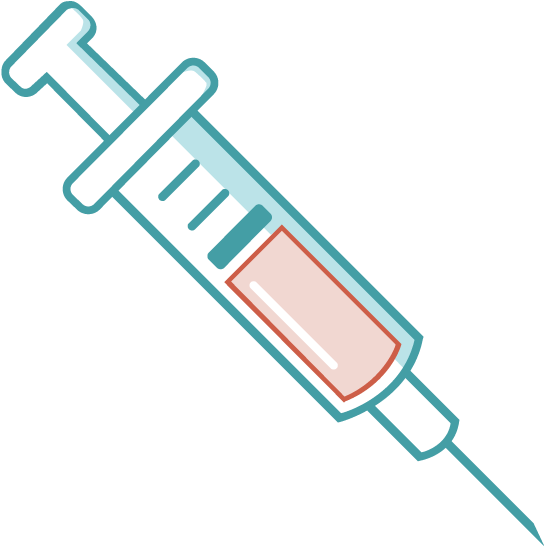
Get vaccinated when a vaccine is available to you.

Crowded indoor spaces should be avoided. When indoors, increasing the rate of air change, decreasing recirculation of air and increasing the use of outdoor air can reduce transmission.

Just cleaning surfaces with soap or detergent and not disinfecting is enough to reduce risk of transmission.
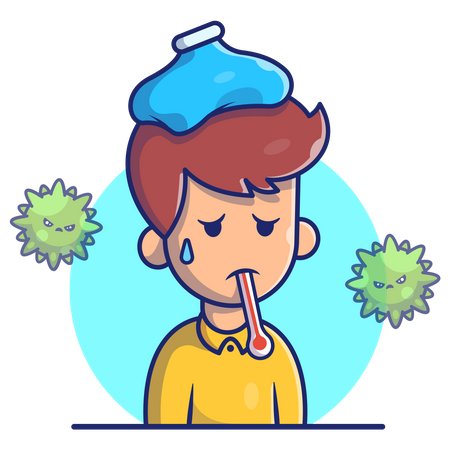
Fever is one of the most common symptoms in COVID-19 patients.

The virus causes difficulty in breathing, hence coughing is a common symptom.
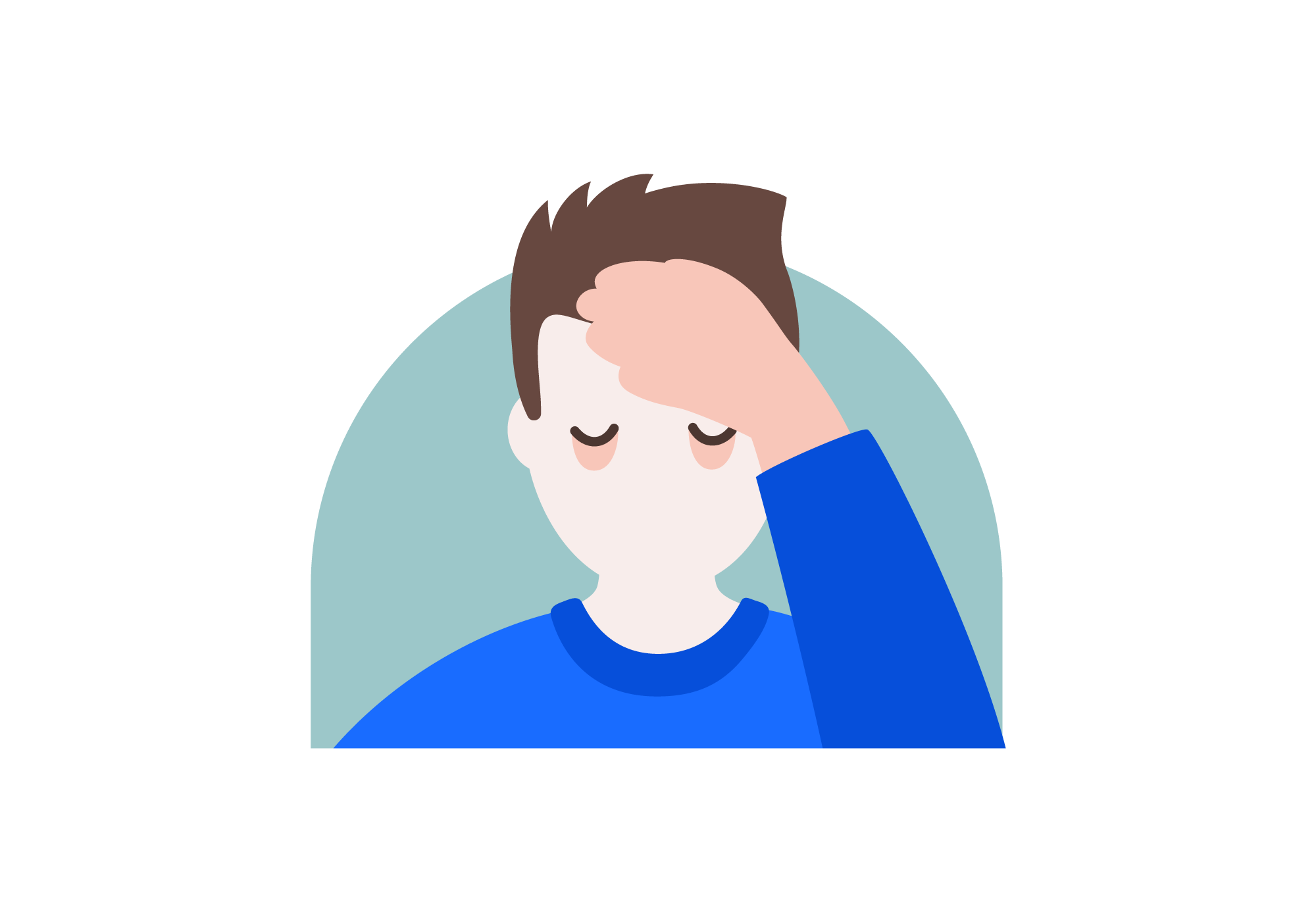
When recovering from coronavirus, you may feel you need to sleep more or feel exhausted after only taking a short walk.
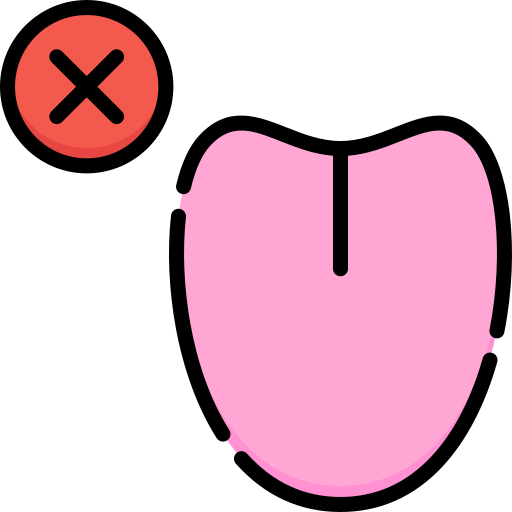
Loss of smell can occur suddenly in people with COVID-19 and is often accompanied by loss of taste.
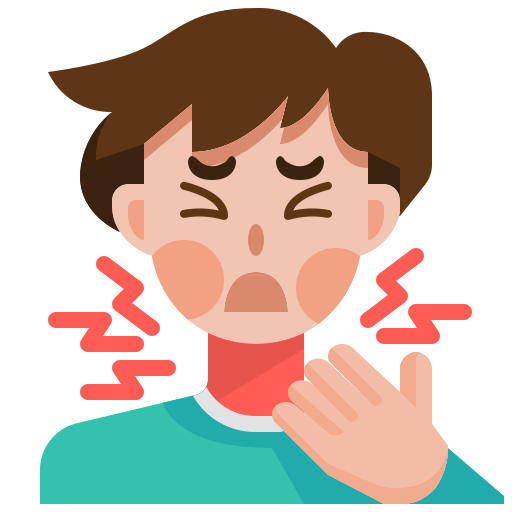
sore throat was the most prevalent symptom among those who tested positive for the omicron variant, at nearly a two-to-one pace compared with the delta variant.

Many studies have shown that COVID may cause headaches. Some people even get a headache before they notice any breathing problems. It is a common symptom of COVID.


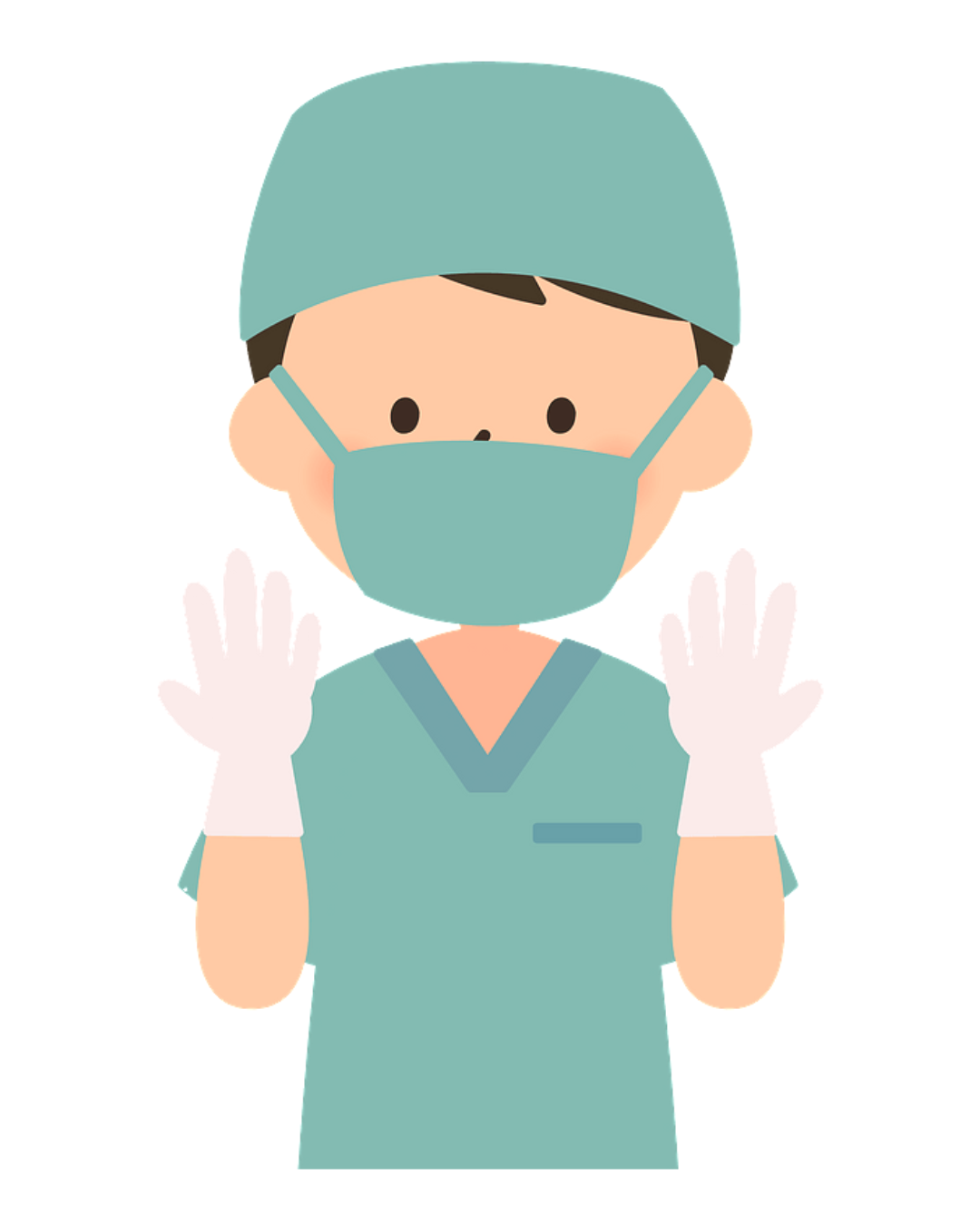
.jpeg)